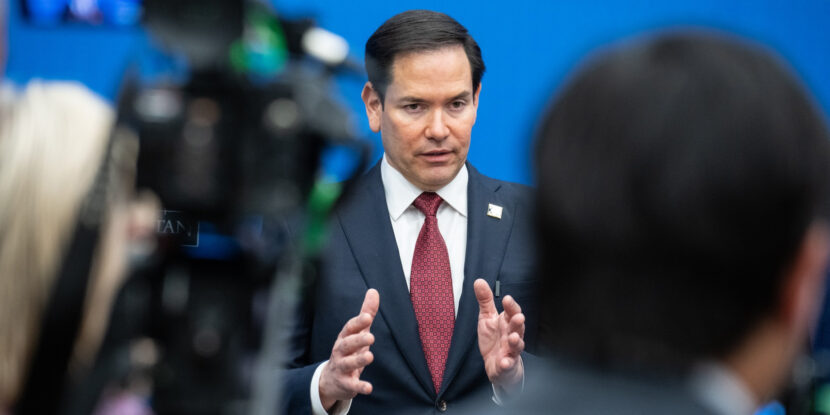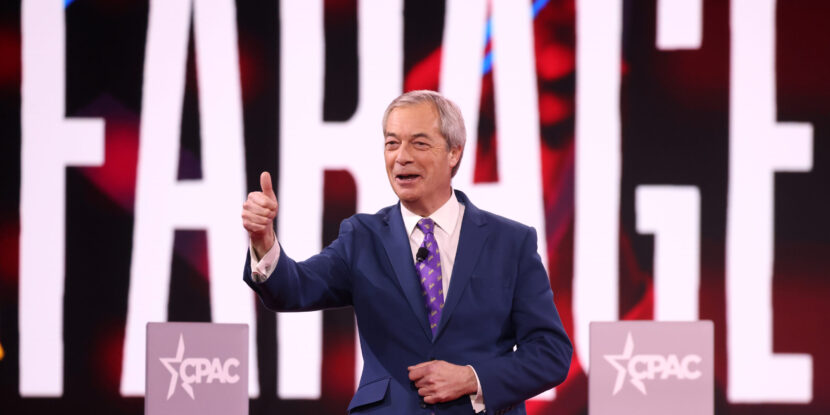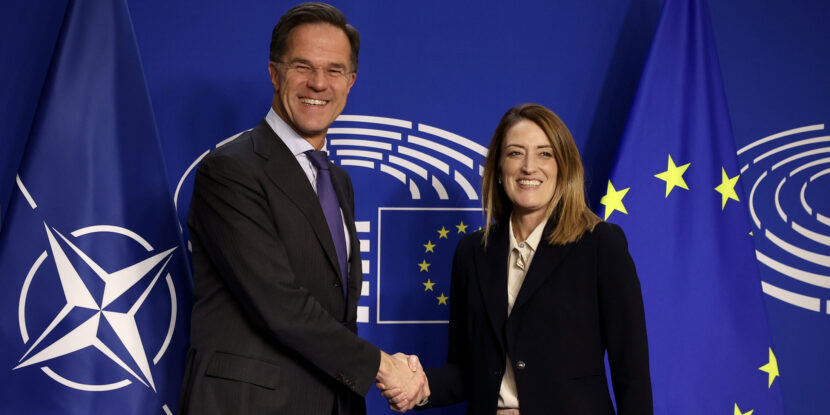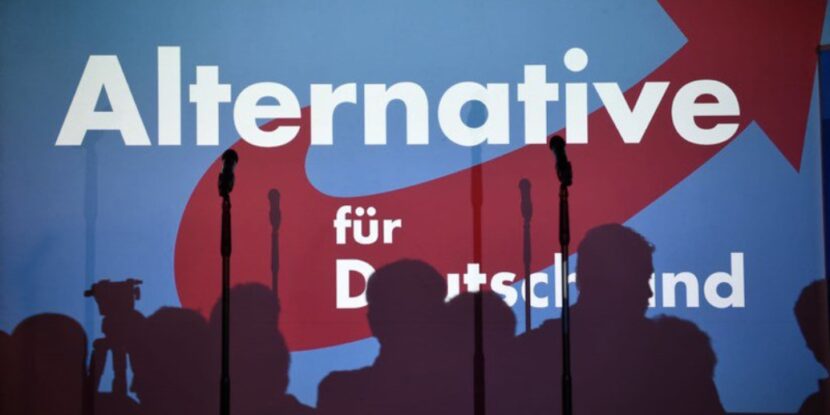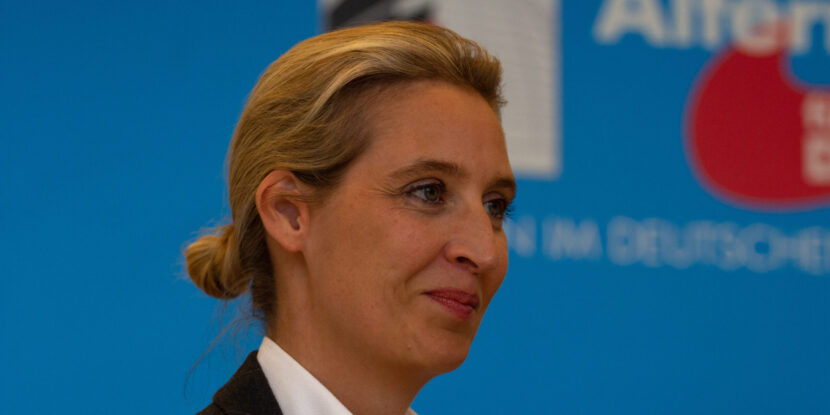PULSE POINTS:
❓What Happened: Germany’s domestic intelligence service classified the populist political party Alternative for Germany (AfD), which placed second in the recent federal elections, as an extremist organization. The Trump administration has condemned the move as tyrannical.
👥 Who’s Involved: “Germany just gave its spy agency new powers to surveil the opposition. That’s not democracy—it’s tyranny in disguise.” — Secretary of State Marco Rubio.
📍 Where & When: Germany and the U.S., May 2.
💬 Key Quote: “This decision by the Office for the Protection of the Constitution is complete nonsense in terms of substance, has nothing to do with law and justice, and is purely political in the fight between the cartel parties against the AfD.” — Stephan Brandner for the AfD.
⚠️ Impact: The decision could intensify discussions on potentially banning the AfD, in Germany, affecting its political activities through increased surveillance, and sour relations with the U.S.
IN FULL:
Germany’s domestic intelligence service has designated the Alternative for Germany (AfD) party an extremist organization. Authorities announced the designation on May 2, which permits the use of enhanced spying to monitor the party and its leaders. The Office for the Protection of the Constitution, Germany’s domestic spy agency, compiled a 1,100-page report to justify this classification, claiming that the AfD promotes an ethnocentric view of the population that discriminates against certain groups, particularly those with immigrant backgrounds. This perspective, according to Nancy Faeser, Germany’s leftist interior minister, conflicts with a constitutional decree.
On behalf of the Trump administration in the U.S., Secretary of State Marco Rubio has condemned the move as tyrannical, saying, “Germany just gave its spy agency new powers to surveil the opposition. That’s not democracy—it’s tyranny in disguise.”
“What is truly extremist is not the popular AfD—which took second in the recent election—but rather the establishment’s deadly open border immigration policies that the AfD opposes,” he added, warning, “Germany should reverse course.”
AfD leaders have criticized the extremist designation as a politically motivated attack. Notably, the classification not only impacts the public image of AfD, which is currently leading in some polls, but, as Rubio warns, it also allows for deeper surveillance and scrutiny of its members. This could potentially culminate in legislative actions aimed at limiting or banning the party’s political activities altogether.
German lawmakers have already tried to introduce motions to ban the AfD in the German legislature. However, a full ban requires an order from the country’s constitutional court.
Germany just gave its spy agency new powers to surveil the opposition. That’s not democracy—it’s tyranny in disguise.
What is truly extremist is not the popular AfD—which took second in the recent election—but rather the establishment’s deadly open border immigration policies…
— Secretary Marco Rubio (@SecRubio) May 2, 2025
Chris Tomlinson contributed to this report.
show less